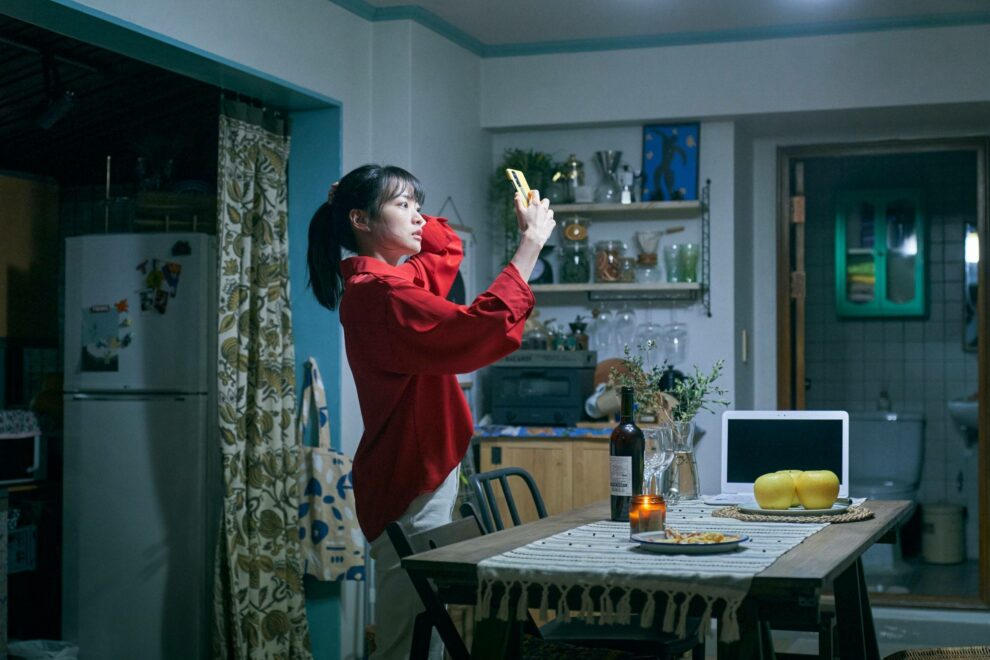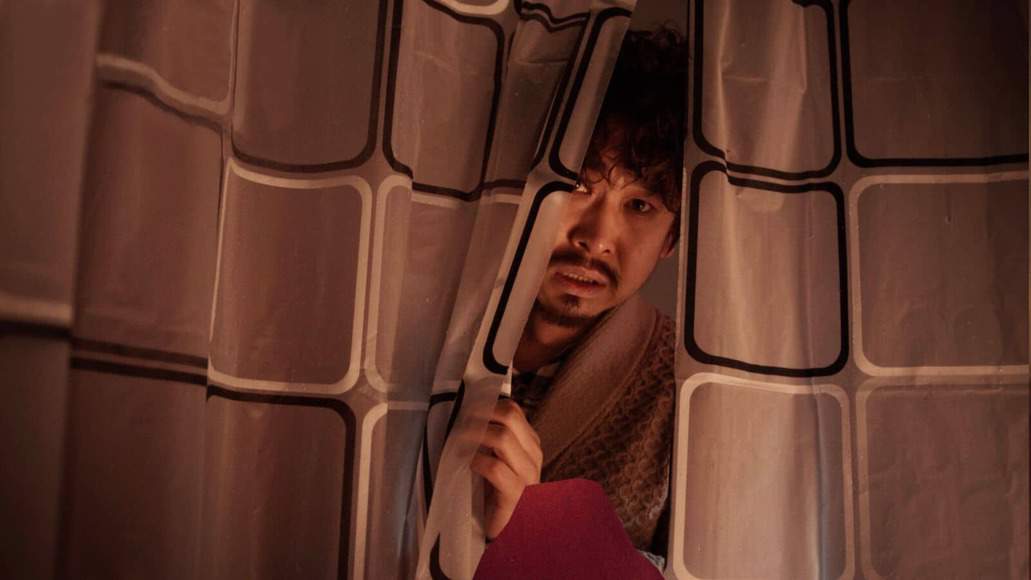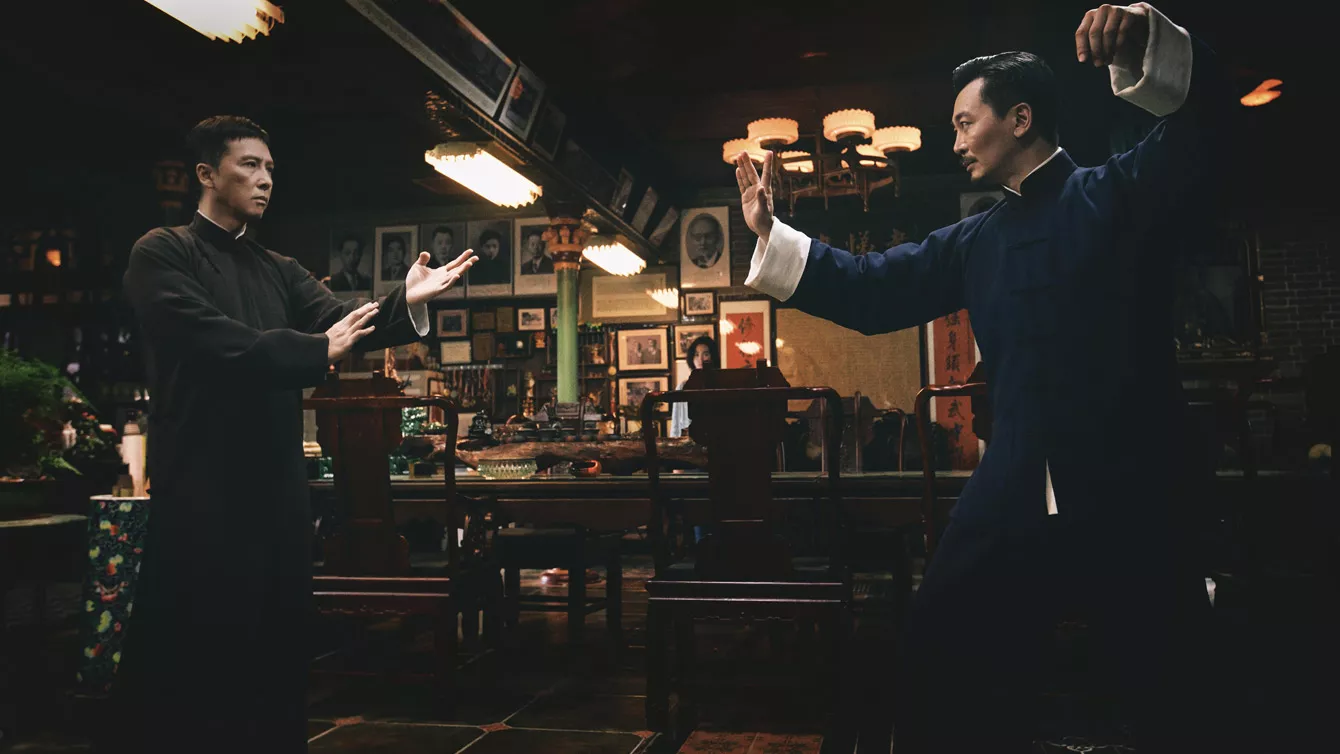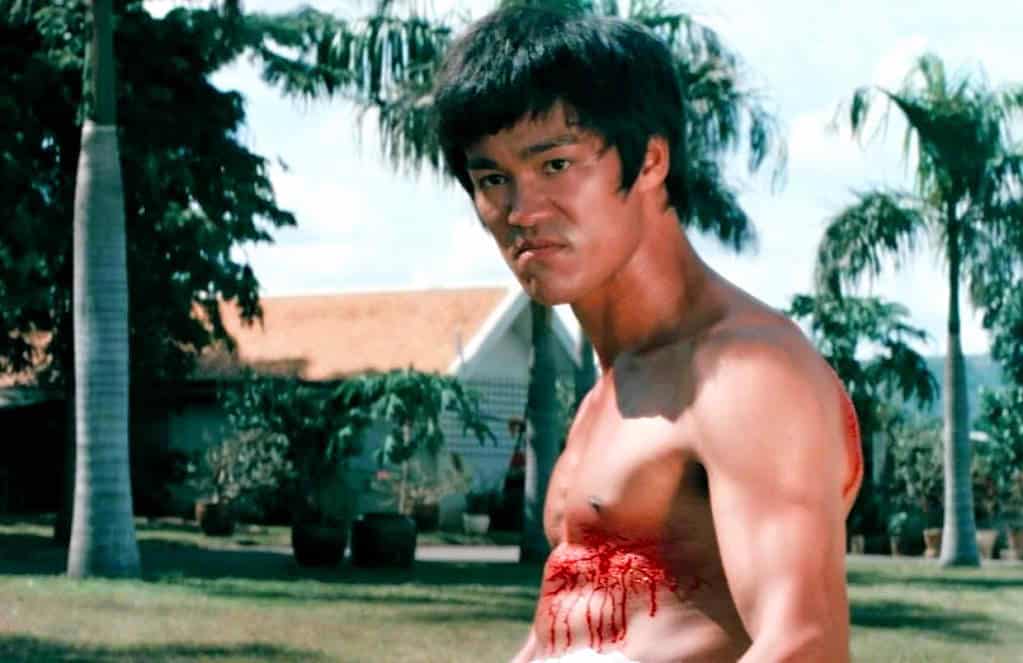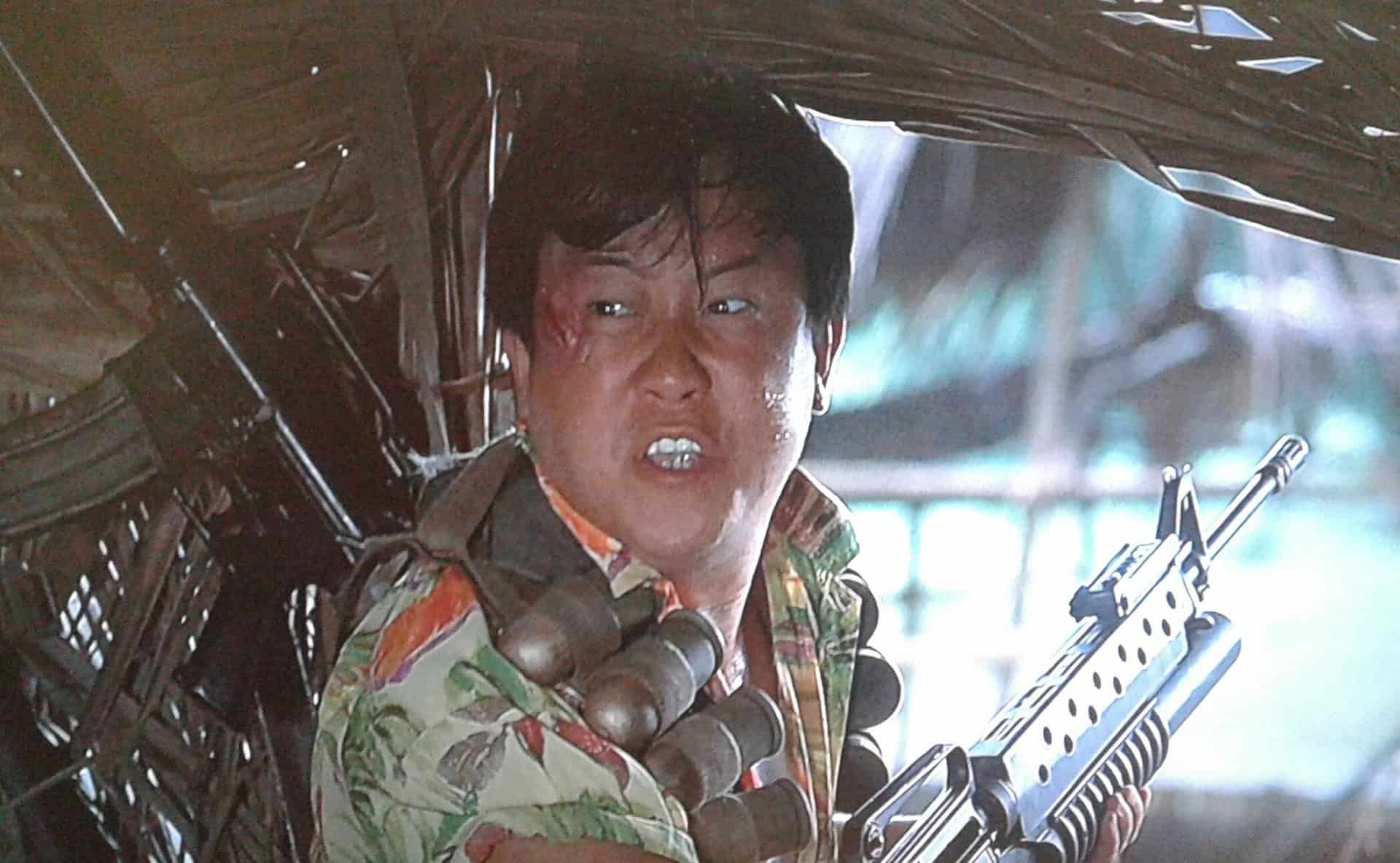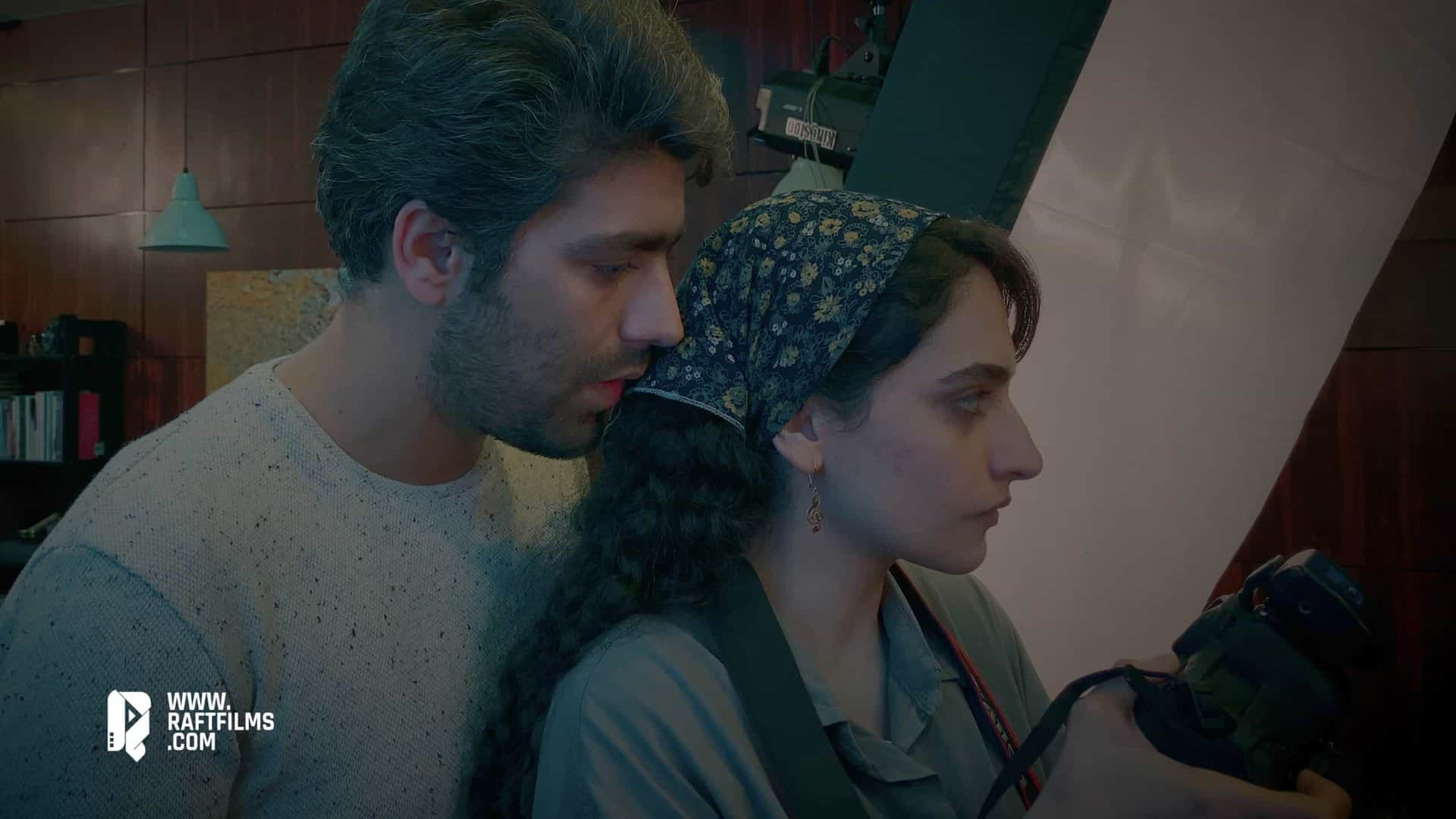Our smartphones have become almost an extension of ourselves in today's digital age, with people depending on their phones for so many of our daily tasks. This also means that our handsets hold a large number of our data, a lot of it highly sensitive, which in the wrong hands could prove rather harmful to us. For his debut directorial, Kim Tae-joon adapts the popular Japanese film “Stolen Identity”, itself based on a namesake novel, and brings Korean sensibilities to this real-world problem in Netflix's newest Korean release “Unlocked”.
“Unlocked” is Streaming on Netflix
Starting off with a stylish montage of just how much we rely on our smartphone in a day, we meet Lee Na-mi who, after a heavy night of partying and drinking, forgets her phone on the bus, an incident that is about to change her life for the worse. The phone gets picked up by Oh Jun-yeong, an expert hacker who manages to get into its data. Clearly, this is not Jun-yeong's first time, as he utilizes them and the remote access he later has to the phone to make Na-mi's life a living hell. What seems to be stalker behavior at first soon reveals an ugly truth about Oh Jun-yeong and his activities. Elsewhere, detective Woo Ji-man comes across the case of a dead body in the mountains, which leads to a potential serial killer case in the town and which may have a connection to his estranged son who he hasn't seen for years.
Everyday we hear of people being scammed over the phone, with monetary or identity theft becoming more frequent. Where a much recent Korean production, last year's “On the Line”, delved into voice phishing and financial theft related to that, “Unlocked” is a far sophisticated look at what an individual with malicious intent can achieve with the simple act of getting access to your phone's password and even at how easy it is for someone to get access to said password. The way Jun-yeong uses Na-mi's information to turn her life upside down is scarily effective and feels eerily real. Videos over the internet, documentaries more and more often warn us about the dangers of having too much of our information online and in our phones and “Unlocked” paints a rather vivid picture of the extent to which it can be used against us.
Kim Tae-joon also manages to successfully blend this very real issues with the serial killer subplot quite effectively without making it feel disjointed. Once again though, as it seems to be an unnecessary prerequisite for serial killer thrillers from South Korea, the incompetence of the police force is a recurring fault shown within the narrative. The scene where Woo Ji-man and his partner come face to face with Oh Jun-yeong is one such incidence that leaves a bitter aftertaste. However, the victim blaming that occurs when Na-mi and her best friend go to report the hacking is certainly an accurate portrayal of the response these type of cases often tend to get not just from the police but the public as well.
Chun Woo-hee's casting as Lee Na-mi is the ace up Kim Tae-joon's sleeve. Having worked with him on “Office” before, where Kim served as an assistant director, Chun Woo-hee is once again first-rate here, making Na-mi a very relatable and likeable character. Sweet when talking with her father and best friend, scared when she realizes her professional and social life may be out of her hands and the dread followed by resolute fierceness of the climax, she is highly watchable as always. The casting of Im Si-wan as Oh Jun-yeong, on the other hand, is an oddity. It works best when he is supposed to be this suave, tech-savvy criminal in the first half and his evident good looks make it easy to see why he would fool Na-mi even when meeting her personally. However, it gives away in the latter half when his ruthlessness and evilness is supposed to come to the fore. Kim Hee-won is effective if underused as detective Woo Ji-man, whereas Park Ho-san is quite charming as Na-mi's father.
Technically, “Unlocked” scores with a pleasant and bright cinematography, with the image often making use of on-screen graphics to depict the phone use. The handheld close-quarters camerawork used when Jun-yeong is supposed to be spying through the camera on Na-mi's device helps put the gravity of the situation across to the audience well. The music suits the genre too, with its use being particularly impressive in the scene where Oh Jun-yeong is cornered by Woo Ji-man and his partner on the street. The editing could have been a bit crisper, as a few minutes off the runtime would seemingly work a lot better for this narrative.
Without having seen the Japanese original, “Unlocked” stands as an impressive thriller that incorporates a strong social message convincingly and proves that Kim Tae-joon is a name to keep on your radar, with Chun Woo-hee once again impressing in a production that dares you to look at your phone and not be paranoid about it for days after the credits roll.


